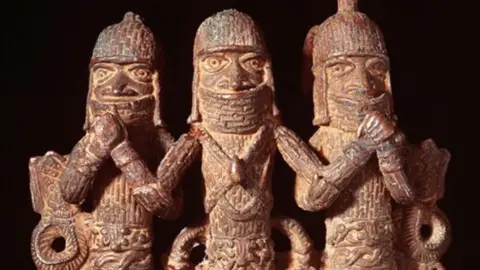
The history of Benin is a rich and complex tapestry, yet much of its most glorious past remains untaught and overshadowed by colonial narratives.
As the country advances towards a modern future, historians and cultural advocates are calling for a renewed focus on the remarkable resistance, courage and social organization that once defined its land.
Long before colonisation, Benin was home to powerful kingdoms with advanced political and social structures. Chief among them was the Kingdom of Danhomey, renowned for its formidable Amazon army and its fierce defence of sovereignty.
Its military organisation and resilience captivated early European observers and became a symbol of defiance against imperial ambitions.
Beyond Danhomey, other influential kingdoms—including Kétou, Sakété, Parakou, Savè, Allada and Hogbonou—shaped a vibrant history of commerce, culture and self-governance.
These entities stood as bastions of civilisation, yet their contributions are often overlooked in favour of colonial-era narratives taught in schools today.
One of the most poignant episodes of resistance occurred during the Sakété revolt of 1905. Provoked by the forced interruption of a traditional funeral ceremony on February 25 that year, the uprising led to the deaths of a colonial administrator and a customs officer.
The retaliation was swift and brutal, leaving many local victims, a tragedy largely omitted from French accounts of the time. King Agbola Djoyé was deposed and fled to Nigeria, while his successor, King Adélou Biodjo, faced exile in Mauritania in 1915 for resisting colonial recruitment of young men.
Historians argue that these men, like King Otoutou Biodjo of Adja-Ouèrè—also exiled in 1915—were not rebels as portrayed by colonial records, but patriots defending their people’s dignity.
Advocates now urge Benin’s writers, educators and policymakers to reclaim this heritage. “There is an urgent need to decolonise our history,” one historian noted, echoing calls to integrate these stories into school curricula.
By restoring the memory of its resistance fighters and forgotten heroes, Benin can instil pride in younger generations and strengthen its national identity. The past, far from being a burden, they argue, is a guidepost for the future—a reminder that resilience and courage have long been at the heart of the nation’s story.



